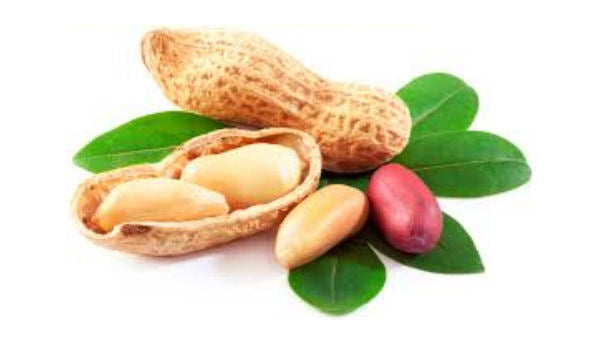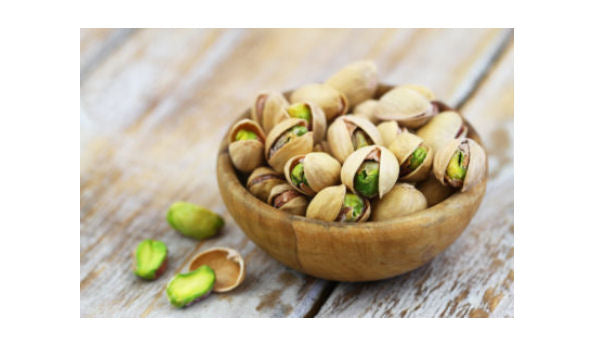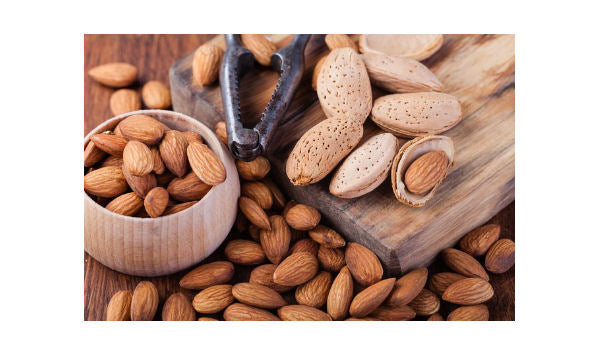Peanuts – History, Facts, Nutrition and Health Benefits
Peanuts suffer from a serious identity crisis. If you are one of the millions of people in the world who think a peanut is a nut, then your little knowledge bubble is about to be permanently shattered. Contrary to popular belief, peanuts are actually legumes. What is a legume? A legume is a type of plant with seeds that grow inside pods such as peas or beans. Unlike macadamias, cashews and almonds that grow on trees, peanuts grow underground. They start out as an above ground flower that, due to its heavy weight, bends towards the ground. The flower eventually burrows underground and matures the peanut.History
Peanuts are believed to have originated in South America with archaelogical evidence showing that people in Peru and Brazil may have been eating peanuts neraly 3,500 years ago. After Europeans discovered peanuts in Brazil, they helped to spread cultivation of this nut throughout North America and Asia. Today, China and India are at the forefront of growing peanuts for commercial use contributing to a worldwide annual production of 46 tonnes. On the local front, Queensland produces over 95% of Australia’s peanut crop. Peanut growing areas in Queensland include the Burnett region (near Kingaroy), Central Queensland (Emerald), Atherton Tableland (Mareeba), Lakeland Downs (west of Cooktown), Darling Downs and the Brisbane Valley.Nutrition
- Peanuts are high in fat. In fact, they are classified as oilseeds. A large portion of the world’s peanut harvest is used for making peanut oil.
- Peanuts are an exceptionally good source of protein. Keep in mind that some people are allergic to peanut protein.
- Peanuts are low in carbs. This makes them a good dietary choice for people with diabetes.
- Peanuts are an excellent source of many vitamins and minerals. These include biotin, copper, niacin, folate, manganese, vitamin E, thiamine, phosphorus and magnesium.
- Peanuts are rich in antioxidants as many fruits.
Health Benefits
- Heart health
- Gallstone prevention
The bottom line
- peanuts are as popular as they are healthy.
- They are an excellent plant-based source of protein and high in various vitamins, minerals and plant compounds.
- They can be used as a part of a weight loss diet and may reduce your risk of both heart disease and gallstones.
- However, being high in fat, this legume is a high-calorie food and should not be eaten in excess.




